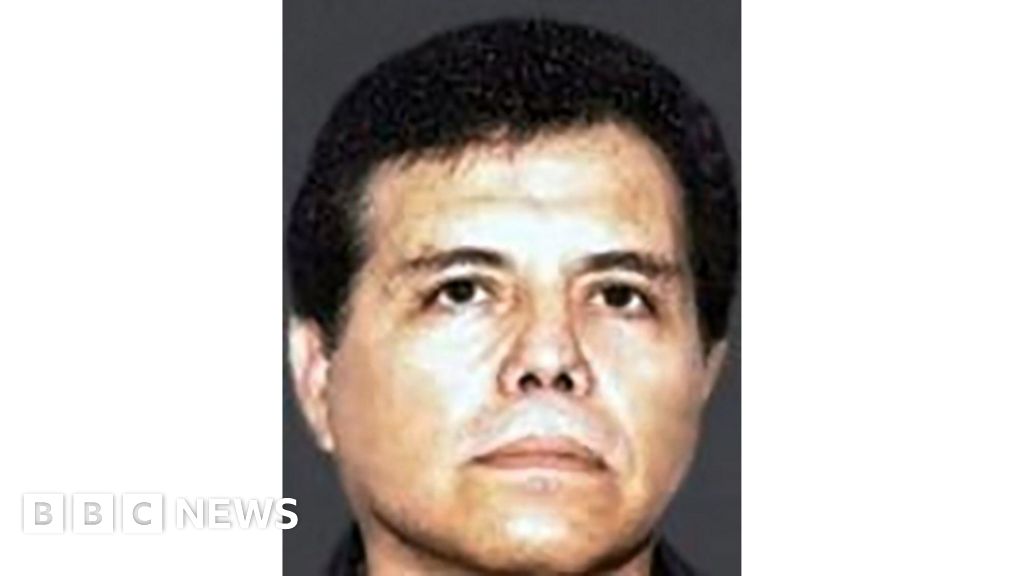Mexican Cartels Lure Chemistry Students to Make Fentanyl
Reporting from Culiacán in the Mexican state of Sinaloa, which serves as a central hub for fentanyl production, a concerning new trend has emerged: the recruitment of college chemistry students by drug cartels. In recent months, cartel representatives have been spotted on campuses, disguised as ordinary staff to approach potential recruits. A particular instance involved a 19-year-old chemistry major who shared how a recruiter complimented his skills and offered him a lucrative opportunity to assist in the cartel's operations.
To bolster their expansive fentanyl manufacturing efforts, these criminal organizations require individuals with advanced knowledge of chemistry—referred to as "cooks"—to heighten the potency of the drug and capture more users. The cartels' ambitions extend beyond mere production; they are eyeing the capability to independently synthesize precursor chemicals vital to fentanyl creation. This move would allow them to eliminate reliance on the import of these materials from countries like China.
Reports reveal that students involved in these illicit operations often see the cartels as a means of financial stability, potentially neglecting the repercussions associated with their involvement in drug trafficking. As a result, university campuses in Mexico are transforming into recruitment grounds for these criminal networks, raising concerns about the long-term impact on both academia and public safety. The intersection of education and organized crime presents a pressing challenge for Mexican society, confronting authorities with the need to address the root causes behind young people's susceptibility to such offers.




















